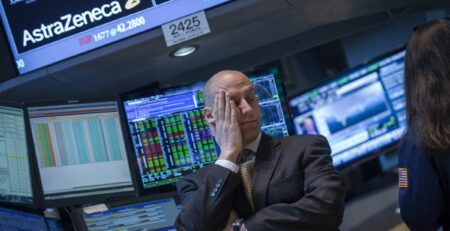4 reasons the corporate pension is on its deathbed
General Electric’s move to significantly lower its pension liabilities is simply the latest in a sweeping corporate pivot away from guaranteed retirement benefits.
GE on Monday announced that it would offer lump-sum pension buyouts to about 100,000 former U.S. employees who have not yet begun receiving their pensions.
The company, which has been facing pressure to bolster its finances, also announced plans to freeze pension benefits for about 20,700 salaried pensioners at current levels.
Taken together, the moves illustrate how corporate America has largely ditched pensions, which are swiftly becoming a thing of the past for active employees who don’t work for the government.
“In the bigger picture, GE is just going the way that most of the private sector in the United States has gone,” said Alicia Munnell, director of the Center for Retirement Research at Boston College. “It’s really over in the private sector. The question is just when does the last plan close down?”
The number of pension plans offering defined benefits – which means the payouts are guaranteed – plummeted by about 73% from 1986 to 2016, according to the Department of Labor’s Employee Benefits Security Administration.
Here are four key reasons why:
1. Pensions are seen as expensive, risky
Defined-benefit pension plans are viewed as expensive and risky to maintain: Corporations are making promises to pay out benefits for decades but may not be able to guarantee their own financial success for the same period of time. If they fall on hard times, pension promises can become burdensome.
As a result, they have largely shifted investment risk to individual workers. Instead of managing investments on behalf of employees in the form of corporate pension funds, companies have formed defined-contribution plans like 401(k)s, which typically require tax-free withdrawals from people’s paychecks.
If the worker’s money is invested successfully, the payoff can be lucrative. But if the investments sour or the market tanks, workers, not the company, are on the hook for finding additional income.
“A pension is a promise to pay monthly benefits for as long as the employee lives after retirement,” Munnell said. “For employers, a system where they bear all the costs and all the risks is not appealing.”
Read More @US Today










